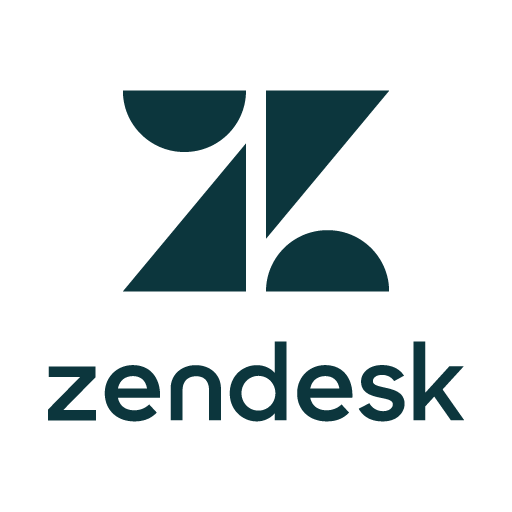This Former US Navy Officer Started A $6M/Year Big Data Company
Hello! Who are you and what business did you start?
My name is Pat Mack, and I am the founder and CEO of PVM, Inc. We offer software engineering services related to big data storage and analytics to customers in both the private and public sectors, ranging from local police departments to statewide public safety departments, to federal agencies like the Department of Defense and the Centers for Disease Control and Prevention. With this diversity of clients, we've gotten to work on some pretty exciting projects. They include:
Public Health: With the recent COVID-19 pandemic, this federal agency requested that we urgently integrate mapping for the COVID-19 CDC response. Despite a host of challenges—including substantial database migration, the delay of a production deployment, and an unprecedented global pandemic—e continued to enrich the new environment and assist with COVID-related enhancements by providing this public health agency with state-of-the-art capabilities for exceeding mission success. For this job, we received an internal award from the client and were publicly recognized with the 2020 NCEZID Honor Award for Information Technology.
App Development: We were...

Download the report and join our email newsletter packed with business ideas and money-making opportunities, backed by real-life case studies.

Download the report and join our email newsletter packed with business ideas and money-making opportunities, backed by real-life case studies.

Download the report and join our email newsletter packed with business ideas and money-making opportunities, backed by real-life case studies.

Download the report and join our email newsletter packed with business ideas and money-making opportunities, backed by real-life case studies.

Download the report and join our email newsletter packed with business ideas and money-making opportunities, backed by real-life case studies.

Download the report and join our email newsletter packed with business ideas and money-making opportunities, backed by real-life case studies.

Download the report and join our email newsletter packed with business ideas and money-making opportunities, backed by real-life case studies.

Download the report and join our email newsletter packed with business ideas and money-making opportunities, backed by real-life case studies.

























